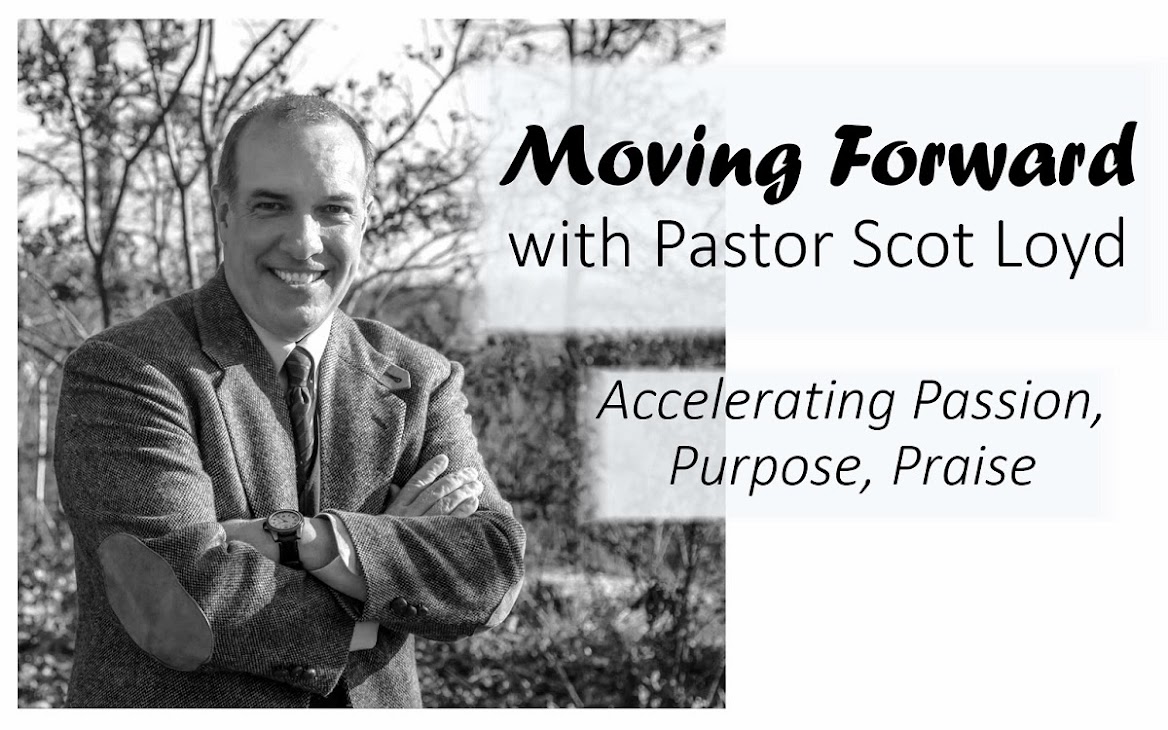The Apostle Paul speaking to a group of Ephesian elders in Acts 20:32 reminded them of his faithfulness to the ministry, “And now I commend you to God and to the word of his grace, which is able to build you up and to give you the inheritance among all those who are sanctified. I coveted no one’s silver or gold or apparel. You yourselves know that these hands ministered to my necessities and to those who were with me. In all things I have shown you that by working hard in this way we must help the weak and remember the words of the Lord Jesus, how he himself said, ‘It is more blessed to give than receive.’” Paul had a clear understanding that the gospel is propagated through giving.
First, the Bible models it, over and over again when giving is exemplified it is rewarded. The principle of the New Testament is to give and give generously. A common characteristic of the early church is revealed in Acts 4:34-35 “There was not a needy person among them, for as many as were owners of lands or houses sold them and brought the proceeds of what was sold and laid it at the apostles’ feet, and it was distributed to each as any had need.” If we are to be Apostolic then we must give. The Old Testament gives us the principle of the tithe, but the New Testament, while confirming that principle, challenges us to move beyond obligation to generosity. Jesus challenged the religious leaders of his day in Matthew 23:23 “Woe unto you, scribes and Pharisees, hypocrites! For you pay tithe of mint and anise and cumin, and have neglected the weightier matters of the law: justice and mercy and faithfulness. These you ought to have done, without neglecting the others.” True justice, mercy and faithfulness necessitate stewardship and generosity.
Next, I give because by doing so; I participate in the ministry of the gospel. As Paul points out in 1 Corinthians 9 in his defense of gospel workers being remunerated for their service, “Who serves as a soldier at his own expense, who plants a vineyard without eating any of its fruit, or who tends a flock without getting some of the milk? Do I say these things on human authority? Does not the Law say the same? For it is written in the Law of Moses, ‘You shall not muzzle an ox when it treads out the grain.’ Is it for oxen that God is concerned? Does he not speak entirely for our sake? It was written for our sake, because the plowman should plow in hope and the thresher thresh in hope of sharing in the crop. If we have sown spiritual things among you, is it too much if we reap material things from you?” Paul then goes on to point out in verse 15, “But I have made no use of any of these rights, nor am I writing these things to secure any such provision….What then is my reward? That in my preaching I may present the gospel free of charge, so as not to make full use of my right in the gospel.” The Apostle clearly links giving with the propagation of the gospel.
Finally, by giving I leave a legacy and example for my children and grandchildren. It is always important to remind ourselves that the Kingdom of God is greater than ourselves and will extend far beyond our lifetime and influence. If I want my children to know the joy of a life lived unselfishly then I must exemplify it before them.
In the words of Christ, "Give and it shall be given to you".


No comments :
Post a Comment